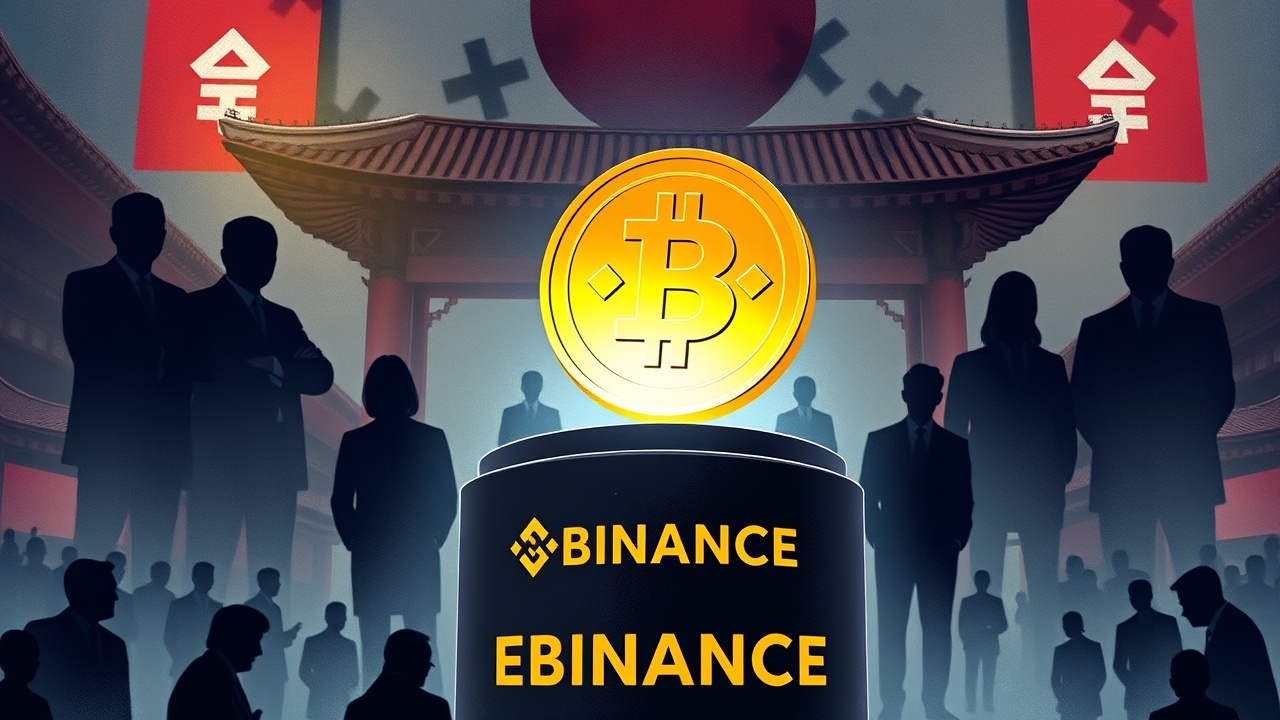Introduction
Lee Kwang-jae, who previously held the position of Secretary-General in South Korea’s National Assembly and is now a prominent academic at Myongji University, emphasizes the necessity for KRW-pegged stablecoins to gain traction on major global cryptocurrency platforms such as Binance and Coinbase. In a recent interview with Seoul Kyungjae, he highlighted the critical importance of facilitating access for international traders to these coins in order for them to thrive.
Government Intentions and Regulatory Challenges
The current government in South Korea has expressed intentions to introduce KRW-pegged digital currencies. However, the advancement of related regulatory measures has become stagnant due to ongoing political disputes. According to Lee, enhancing the international recognition of South Korean stablecoins is a key step towards success. He stressed the importance of allowing foreign traders to participate in domestic crypto exchanges like Upbit and Bithumb, which are currently restricted to South Korean residents only.
Under South Korean law, crypto exchanges that enable trading between digital currencies and fiat must ensure that customers have verified real-name bank accounts. This requirement poses significant barriers to non-residents, who find it nearly impossible to open such accounts without a valid South Korean address or social security number.
Corporate Involvement and Future Prospects
In discussing the potential for corporate involvement, Lee suggested that Samsung may soon join other tech giants like Apple in launching their own stablecoins. He predicted that a won-based stablecoin from Samsung could be integrated with its Samsung Pay platform, providing opportunities for use beyond South Korea’s borders. Other national companies might follow suit, utilizing stablecoins to enhance their global market competitiveness.
Broader Applications of KRW-Pegged Stablecoins
Furthermore, Lee proposed that various sectors, including cross-border culture, education, and healthcare, should adopt KRW-pegged stablecoins as a means of transaction. He noted that fan communities of South Korean webtoons and dramas could further benefit from using such digital currencies for purchases, alongside potential applications in online learning and telehealth services.
Regulatory Debate and Criticism
The debate surrounding stablecoin regulation in South Korea continues to be contentious, with conservative factions advocating for restrictions that would limit the issuance of KRW-pegged stablecoins to major commercial banks. In contrast, progressive lawmakers favor allowing technology firms to offer their own stablecoins. Lee criticized the conservative stance as regressive, pointing out that in other countries, it is often private enterprises that issue stablecoins, citing examples such as Tether and Circle. He argued that the notion of banks being the sole issuers of these currencies is out of touch with contemporary practices and innovations in the global financial landscape.




